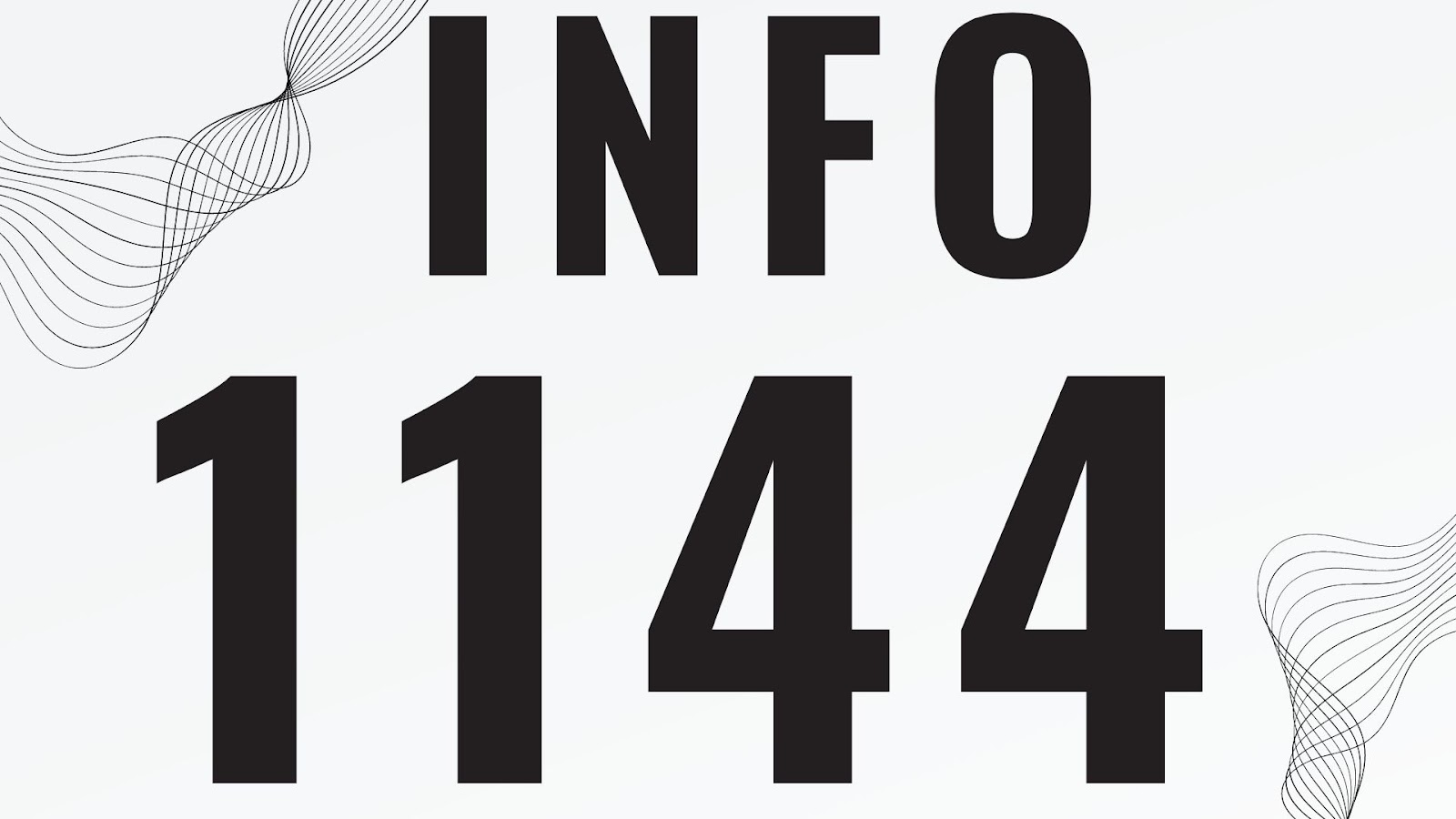Exploring the dynamic interactions between doctors and patients often reveals deeply emotional and sometimes intense moments. These encounters, ranging from heartwarming to challenging, shape the narratives of healthcare professionals worldwide. Among the myriad stories that physicians accumulate throughout their careers, there are invariably those that stand out as particularly intense.
For many doctors, the most intense encounters stem from situations where they must navigate complex medical decisions while balancing empathy and professionalism. These moments often occur in critical care settings or when delivering difficult diagnoses. One such instance might involve breaking the news of a life-altering illness to a patient and their family, where emotions run high, and every word weighs heavily.
In these moments, the doctor's role extends beyond medical expertise; they become conduits of compassion, guiding patients through periods of uncertainty and fear. It's a delicate balance, requiring not only clinical proficiency but also emotional intelligence and empathy. Doctors must gauge the appropriate level of support and information to provide, knowing that their words carry significant weight and can profoundly impact their patients' lives.
Conversely, intense encounters can also arise from conflicts or misunderstandings between doctors and patients. Communication breakdowns, differing expectations, or cultural differences may contribute to tensions during medical encounters. Such situations require doctors to exercise patience, active listening, and a willingness to understand the patient's perspective, even amidst frustration or disagreement.
Moreover, intense encounters in healthcare are not limited to moments of crisis or conflict. They can also emerge during instances of profound human connection and resilience. For example, witnessing a patient's remarkable recovery against all odds or sharing in the joy of a successful treatment outcome can evoke powerful emotions for both doctor and patient alike.
Additionally, the intensity of medical encounters is not solely defined by the severity of the medical condition. Sometimes, routine appointments or seemingly minor interactions can take unexpected emotional turns. A patient's disclosure of personal struggles, fears, or traumas can significantly impact the dynamic of the doctor-patient relationship, fostering a sense of intimacy and vulnerability.
Ultimately, what makes an encounter intense for a doctor is highly subjective and influenced by various factors, including the doctor's own experiences, the patient's demeanor, and the nature of the medical situation. Regardless of the circumstances, each intense encounter leaves an indelible mark on the doctor's journey, shaping their perspective and approach to patient care.
In the realm of healthcare, where human lives intersect with science and compassion, the most intense encounters serve as poignant reminders of the profound impact that doctors can have on their patients' lives, and vice versa. They underscore the importance of empathy, communication, and resilience in navigating the complexities of medical practice and reaffirm the fundamental humanity at the heart of healthcare.




0 Comments
Thanks for comment.